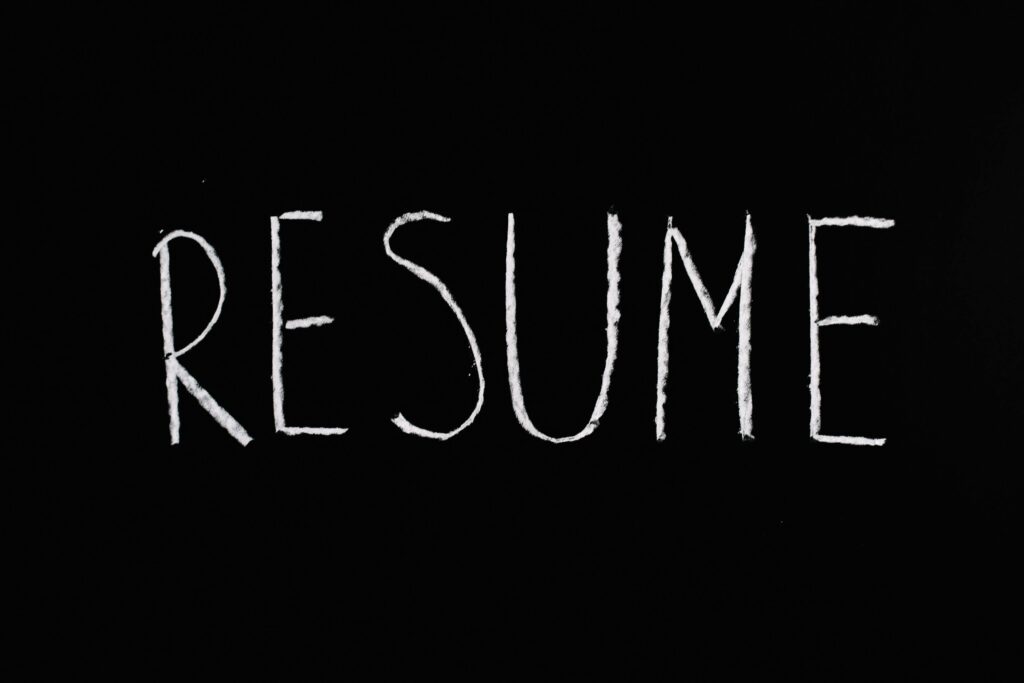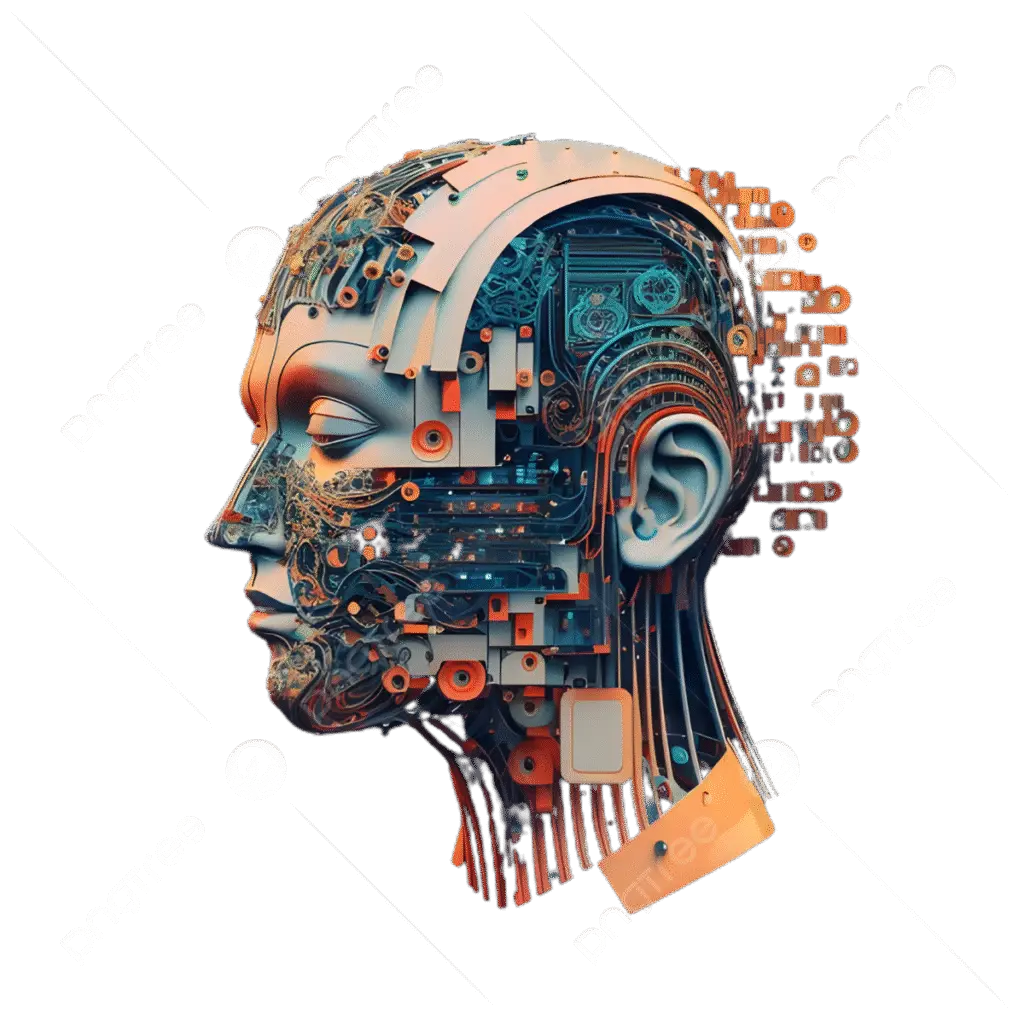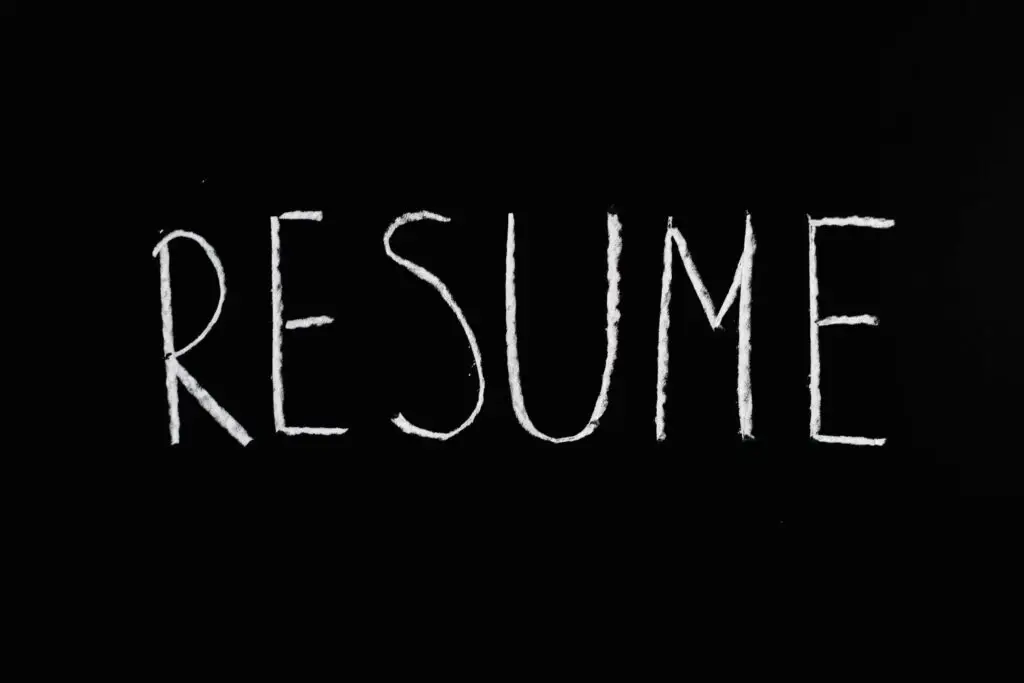Just checked out km888casinologin – not bad! The site loads quickly and has a decent selection of games. Seems legit…
Can AI Replace Coders in the Future?
In recent years, the evolution of Artificial Intelligence (AI) has sparked both excitement and anxiety—particularly in the tech world. Among the most debated questions: Can AI replace human coders?
The short answer? Not entirely—but it will reshape the role of coders profoundly.
The Rise of AI in Programming
AI-driven tools like GitHub Copilot, ChatGPT, Amazon CodeWhisperer, and others can already write, optimize, and even debug code. These tools assist developers by:
- Autocompleting complex functions
- Generating code snippets from natural language prompts
- Suggesting bug fixes or performance enhancements
- Automating documentation
This leap has led many to wonder: If machines can write code, will humans be needed at all?
What AI Can Do
Despite its progress, AI lacks many of the skills required for true software craftsmanship:
- Contextual understanding: AI may not grasp the business logic behind a feature.
- System design: AI cannot architect scalable, secure, or innovative systems from scratch.
- Ethical judgment: It can’t decide whether a solution is ethically sound or compliant.
- Problem-solving in ambiguity: AI struggles with vague requirements or fast-changing priorities.
At its core, AI is a tool, not a decision-maker.
The Future Role of Human Developers
Rather than being replaced, coders will find their roles augmented by AI. Here’s how:
- From coders to solution designers: Developers will spend less time writing code and more time planning, architecting, and integrating solutions.
- Focus on innovation: AI handles the routine—humans focus on creating new features, improving UX, or exploring emerging tech.
- Cross-disciplinary opportunities: Developers who understand AI can branch into roles like AI trainer, prompt engineer, or ethical auditor.
Final Thoughts
Will AI replace coders? Not entirely.
It will change the nature of coding, offloading the mundane and amplifying productivity. Human creativity, judgment, and strategic thinking will remain irreplaceable—making developers more powerful, not obsolete.
In the future, the most valuable developers won’t be the ones who write the most code, but those who solve the right problems—with the right tools.
How to crack an Interview?
Yes, I understand—you’ve probably read countless articles on this subject and watched numerous tutorial videos. Still, when it comes to actually cracking an interview, there’s often a noticeable gap between preparation and performance.
In my 19 years of experience in human resources and recruitment, having conducted over 1,000 interviews and interacted with more than 2,000 candidates, I’ve observed one striking pattern: over 90% of job seekers struggle to present themselves effectively during an interview.
Giving an Interview is an Art
Think of an interview as a blank canvas. You are the artist, and your experience, achievements, and insights are the colors. The interviewer sees your picture bit by bit—layer by layer.
Whatever image you paint, that’s the one the interviewer is compelled to see. They may attempt to validate your claims or probe deeper, but they are still reacting to your canvas—and that’s where your power lies.
But here’s the problem: Most candidates don’t know what to paint. Based on my experience, I’ve identified several key areas where candidates consistently fall short:
1. Not Knowing Their Own Company’s Product/Service/Domain
This is surprisingly common. Many candidates have only a vague understanding of what their current company does. Before your interview, thoroughly review:
Your company’s profile and industry
The core products or services it offers
Where the company excels and where there are challenges (but avoid bringing up negative points during your interview)
❌ Avoid discussing internal conflicts, toxic culture, or personal grudges during your interview. Keep the conversation professional.
2. Not Researching the Interviewing Company
When you go for an interview, ask yourself: Do I really know this company?
A superficial glance at the website isn’t enough. Try this checklist:
📌 About Us: Know the founding year, mission, and vision.
📌 Products/Services: Understand what the company sells or provides.
📌 Careers Page: Many open positions might indicate urgent hiring needs—this can be used to your advantage.
More knowledge = More color on your canvas.
3. Not Knowing Their KPI (Key Performance Indicators)
This is not the same as your job title or daily tasks.
A KPI is a measurable target that reflects how well you’re contributing to company goals.
💡 Example: If you’re in sales, your KPI might be “Generate ₹1 crore in annual revenue.” Be ready to explain how you plan to meet that goal.
4. Not Knowing Their Roles and Responsibilities
Here’s a common mistake:
“I’m a software developer.”
That’s your job title, not your roles and responsibilities.
Your responsibilities include the actual tasks and contributions you make—writing APIs, debugging, collaborating with teams, deploying builds, etc.
🧠 Remember: 99% of interviewers will ask about your roles and responsibilities. Be ready to answer with clarity and specifics.
5.Not Knowing Their Own Market Value
Every individual carries unique value — the challenge is whether we recognize it or not. Often, your true value is known only to you, and it’s your responsibility to express it confidently — no one else will do it for you.
For example, when you’re asked in an interview, “Why should we hire you?” or “What can you bring to our company?” — this is your moment to showcase your value.
You might respond with:
“I have 6 years of experience in product sales.”
“I have deep knowledge of the market and territory I’ll be working in.”
“I’m well aware of our competitors and their USPs.”
“I’ve successfully launched and established a similar product earlier in my career.”
These are the statements that define your professional worth. Such responses can immediately engage the interviewer and set you apart from others.
In reality, this is exactly what interviewers want to hear — yet, surprisingly, most candidates never say it.
Looking for a game APK? Bet629gameapk might have what you need. Be careful when downloading APKs, safety first! Grab it…
FB7777slot, that’s a lot of sevens! Hope it brings you good luck! Play responsibly and have some fun! You can…
Yo fam, f888daga is lit The site is smooth, the games are diverse, and the bonuses keep coming I’m having…
Alright folks, wi5599k is where the action is at The site’s easy to navigate and the games load quickly I’ve…
Leave a Comment
Can AI Replace Coders in the Future?
Can AI Replace Coders in the Future? In recent years, the evolution of Artificial Intelligence…
How to crack an Interview?
How to crack an Interview? Yes, I understand—you’ve probably read countless articles on this subject…
Remote Work & Global Talent Acquisition
Introduction The global shift to remote and hybrid working models isn’t just a post-pandemic trend—it’s…
Is AI already taken the max content writing jobs
Is AI already taken the max content writing jobs In recent years, Artificial Intelligence (AI)…
Do You Need an Expensive Corporate Resume to Land a Job in 2025?
Do You Need an Expensive Corporate Resume to Land a Job in 2025? In today’s…

Introduction
The global shift to remote and hybrid working models isn’t just a post-pandemic trend—it’s reshaping how organizations think about recruiting, retaining, and managing talent. As companies redefine talent acquisition strategies, they face both evolving opportunities and new challenges in this distributed age.
The Rise of Remote‑First Organizations
In 2025, remote-first isn’t a perk—it’s a core talent strategy. Nearly 74 % of U.S. businesses report hybrid or fully remote setups, with remote job postings attracting ~2.5× more applicants than in-office roles.
This shift enables companies to tap into global talent pools, save on real estate costs (≈ $11 k/employee annually), and build resilience against external disruptions.
Benefits for Employers & Employees
🔹 Employers
- Wider-access to skilled talent: Remote roles attract four times the applicant volume, increasing diversity and skill depth .
- Cost savings: Organizations saved roughly $10.6 k per employee in 2024 from reduced facility & commuting costs.
- Productivity boost: Remote workers are ~35–40 % more productive—aided by fewer distractions and flexible environments.
🔹 Employees
- Work-life balance: 51 % cite “no commute” as a prime perk, with 44 % also noting cost savings on lunches & transport.
- Job satisfaction & retention: 90 % appreciate remote flexibility; 51 % prefer fully remote work, and 38 % would quit if it’s removed timesofindia.
- Higher loyalty: Companies offering remote options see 25–81 % lower turnover intentions.
Challenges to Overcome
Employee isolation & burnout: ~22 % feel lonely, 40 % struggle to unplug, and mental health concerns rise in remote settings.
Visibility in career growth: Fully remote staff face up to 31 % fewer promotions and are 35 % more likely to be laid off.
Managerial hurdles: 38 % of companies struggle to track productivity, while 41 % of employees report inconsistent policy application.
Global Talent Acquisition Trends
- AI-enhanced hiring: In 2025, recruiters use AI not just to automate but to elevate candidate sourcing, matching, and skill mapping
- Skills-based hiring: With AI and green roles booming, employers increasingly prioritize specific competencies over formal degrees, as shown by a ~15% decline in degree requirements .
- Use of Employer‑of‑Record (EOR): Platforms like Remote.com allow companies to legally hire globally without setting up local entities .
What’s Ahead in 2025+
Strategic use of data: Organizations are leveraging labor market analytics to pinpoint skill hotspots, set equitable compensation, and minimize hiring risk .
Intentional remote culture: Building virtual team cohesion through structured onboarding, rituals, and communication protocols is essential .
Compliance & ESG goals: ESG reports increasingly incorporate remote work and its environmental benefits—while adhering to work-location regulations .
Leave a Comment
Is AI already taken the max content writing jobs

In recent years, Artificial Intelligence (AI) has moved from being a sci-fi fantasy to a real-world disruptor—especially in the content writing industry. From automated product descriptions to full-length blog posts, AI tools like ChatGPT, Jasper, and Writesonic are now capable of producing high-quality content in seconds.
But has AI already taken the maximum number of content writing jobs? Or is there still space for human writers in this fast-evolving digital landscape?
The Rise of AI and the Decline of Traditional Writing Roles
The explosion of generative AI tools has undeniably affected the demand for human writers. Many companies now rely on AI to:
- Produce initial drafts for blogs and marketing copy. Compose SEO-friendly product descriptions. Generate social media content at scale
- Write SEO-friendly product descriptions
- Create social media content at scale
- Automate email campaigns
This has resulted in a significant reduction in the number of entry-level and freelance writing jobs—especially in industries where speed and quantity outweigh depth and originality.
Stats to Consider:
According to a 2024 LinkedIn Workforce Report, freelance writing opportunities dropped by 25% in sectors where AI-generated content is heavily used.
A 2025 HubSpot survey found that 60% of marketers now use AI tools for at least 50% of their written content.
Can AI Replace Human Creativity?
While AI is efficient, fast, and improving rapidly, it still lacks:
- Human emotion and nuance: AI struggles to create emotionally resonant storytelling.
- Cultural awareness: It can miss subtle cultural cues and context.
- Original thought: AI writes based on patterns, not personal experiences or perspectives.
- Great content isn’t just about information; it’s about connection. That’s where human writers still hold the edge.
Who’s at Risk—and Who Isn’t?
AI is most effective in writing content that is:
- Formulaic (e.g., product descriptions, FAQs)
- Highly structured (e.g., reports, summaries)
- Data-driven (e.g., market analysis)
Writers who focus on creative storytelling, brand voice, journalism, and niche expertise are still in demand—and likely to stay that way.
How Writers Can Adapt and Thrive. To stay relevant in the AI age, writers should:
- Leverage AI as a co-writer: Use tools for ideation, research, or first drafts.
- Focus on value-add content: Personal stories, thought leadership, and unique insights.
- Learn AI prompt engineering: Writers who can guide AI effectively are becoming invaluable.
Final Thoughts
AI has undoubtedly taken a share of content writing jobs—but not all of them. Rather than seeing AI as a threat, the smart move is to see it as a tool. The future belongs to those who can blend the creativity of the human mind with the power of machine efficiency.
Leave a Comment

Do You Need an Expensive Corporate Resume to Land a Job in 2025?
In today’s competitive job market, many job seekers wonder whether investing in a professionally crafted, and often expensive, corporate resume is essential to secure employment. Let’s explore the current trends and considerations to help you make an informed decision.
The Evolving Landscape of Resumes
Professional resume writers bring expertise in tailoring resumes to specific industries and roles. They can help highlight your achievements, ensure ATS compatibility, and present your experience compellingly. However, the cost of these services can vary significantly, ranging from a few hundred to several thousand dollars.
When Might a Professional Resume Be Beneficial?
Consider investing in a professional resume if:
- Career Transition: You’re shifting to a new industry or role and need to reframe your experience.
- Executive Positions: You’re targeting high-level roles where presentation and precision are paramount.
- Limited Results: Your current resume isn’t yielding interviews despite numerous applications.
DIY Resume: A Viable Alternative
Crafting your own resume is entirely feasible, especially with the plethora of resources available online. By focusing on clear formatting, relevant keywords, and quantifiable achievements, you can create a compelling resume without incurring high costs.
Key Takeaways
- An expensive CV isn’t a prerequisite for job success.
- Understanding your target role and tailoring your CV accordingly is vital.
- Utilise available resources and tools to enhance the effectiveness of your CV.
In conclusion, while professional resume services can offer valuable insights and polish, they are not mandatory for job seekers. With diligence and the right approach, you can craft a resume that effectively showcases your qualifications and lands you the desired role.
Just checked out km888casinologin – not bad! The site loads quickly and has a decent selection of games. Seems legit…
Looking for a game APK? Bet629gameapk might have what you need. Be careful when downloading APKs, safety first! Grab it…
FB7777slot, that’s a lot of sevens! Hope it brings you good luck! Play responsibly and have some fun! You can…
Yo fam, f888daga is lit The site is smooth, the games are diverse, and the bonuses keep coming I’m having…
Alright folks, wi5599k is where the action is at The site’s easy to navigate and the games load quickly I’ve…




Leave a Comment